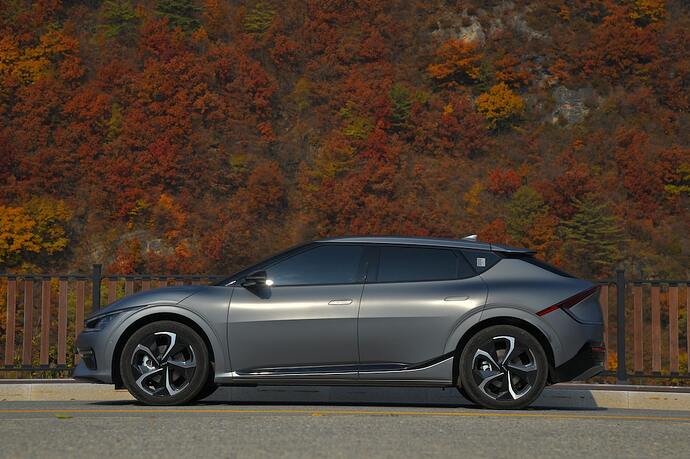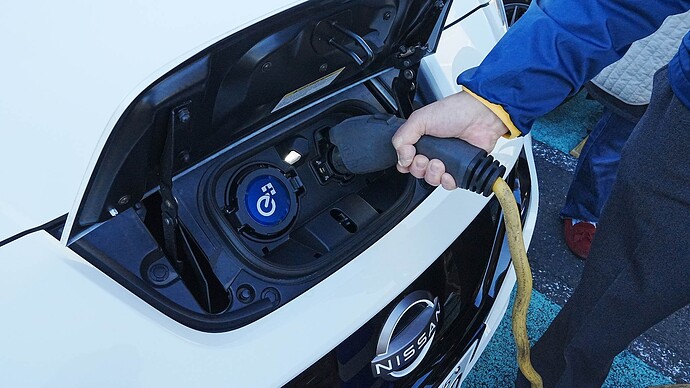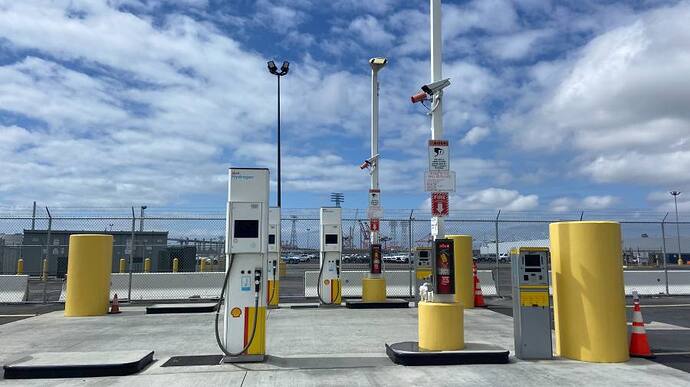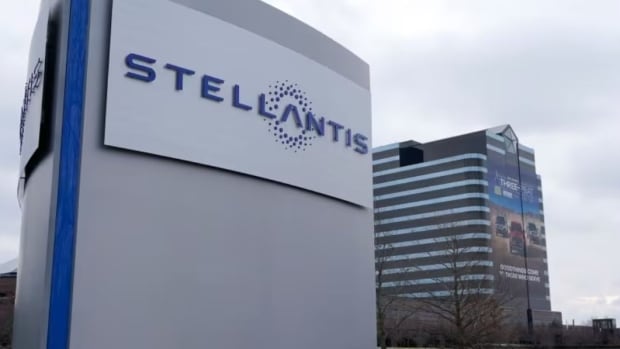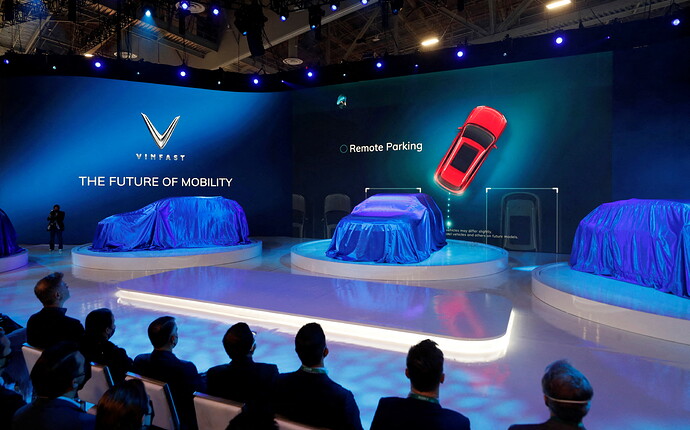Electric vehicles, or EVs, are a type of vehicle that utilizes electricity to power its drive train, instead of relying on traditional combustion engines that use fossil fuels. These vehicles have been around in various forms since the 19th century, but their popularity has surged in recent years, in response to concerns about fossil fuel dependency, air pollution, and the effects of climate change.
EVs come in different types, including all-electric vehicles (AEVs), plug-in hybrid electric vehicles (PHEVs), and hybrid electric vehicles (HEVs). AEVs rely solely on electricity for propulsion, while PHEVs and HEVs utilize a combination of electricity and gasoline to power their drives. In all cases, EVs rely on one or more electric motors to turn the wheels. The batteries that power the electric motors are usually rechargeable and typically last for thousands of miles before needing a replacement.
EVs offer several advantages over traditional gasoline-powered vehicles. One of the most significant benefits is that they emit no greenhouse gases (GHGs) during their operation. GHGs are a major contributor to climate change, and by reducing emissions, EVs can help reduce this risk. Additionally, because EVs do not rely on fossil fuels, they also do not contribute to air pollution. This helps improve air quality and, in turn, promote better health for people and the environment.
Another advantage of EVs is their lower operating cost compared to traditional gasoline-powered vehicles. While the upfront cost of purchasing an EV can be higher, the lower maintenance cost and lower fuel costs help offset this expense. EVs require fewer repairs and maintenance, as they have fewer moving parts than traditional engines. Additionally, charging an EV is generally less expensive than filling up a traditional vehicle with gasoline.
EVs also offer a more enjoyable driving experience. Because electric cars have instant torque, they can accelerate quickly, which can make for a thrilling ride. EVs are also quieter, making for a more peaceful and tranquil ride.
Despite their benefits, EVs still face challenges in gaining widespread adoption. One of the most significant obstacles is the lack of charging infrastructure. At present, there are not enough charging stations available to make extended EV travel easy and convenient. While many charging stations are popping up in cities and at shopping centers, it will take time and investment to build a comprehensive network of charging stations across the country.
Another barrier to EV adoption is range anxiety. Many drivers worry about running out of power before reaching their destination. While this concern is gradually diminishing as battery technology improves, it is still a significant obstacle for some drivers.
In conclusion, EVs are becoming an increasingly attractive option for many drivers, due to their environmental benefits, lower operating costs, and improved driving experience. While EVs still face some significant challenges, such as the lack of charging infrastructure, these barriers are gradually being overcome. As more people adopt EVs, it is likely that charging stations will become more available, and battery technology will continue to improve, making EVs an even more effective and compelling alternative to traditional gasoline-powered vehicles.
Disclaimer
6do Encyclopedia represents the inaugural AI-driven knowledge repository, and we cordially invite all community users to collaborate and contribute to the enhancement of its accuracy and completeness.
Should you identify any inaccuracies or discrepancies, we respectfully request that you promptly bring these to our attention. Furthermore, you are encouraged to engage in dialogue with the 6do AI chatbot for clarifications.
Please be advised that when utilizing the resources provided by 6do Encyclopedia, users must exercise due care and diligence with respect to the information contained therein. We expressly disclaim any and all legal liabilities arising from the use of such content.
